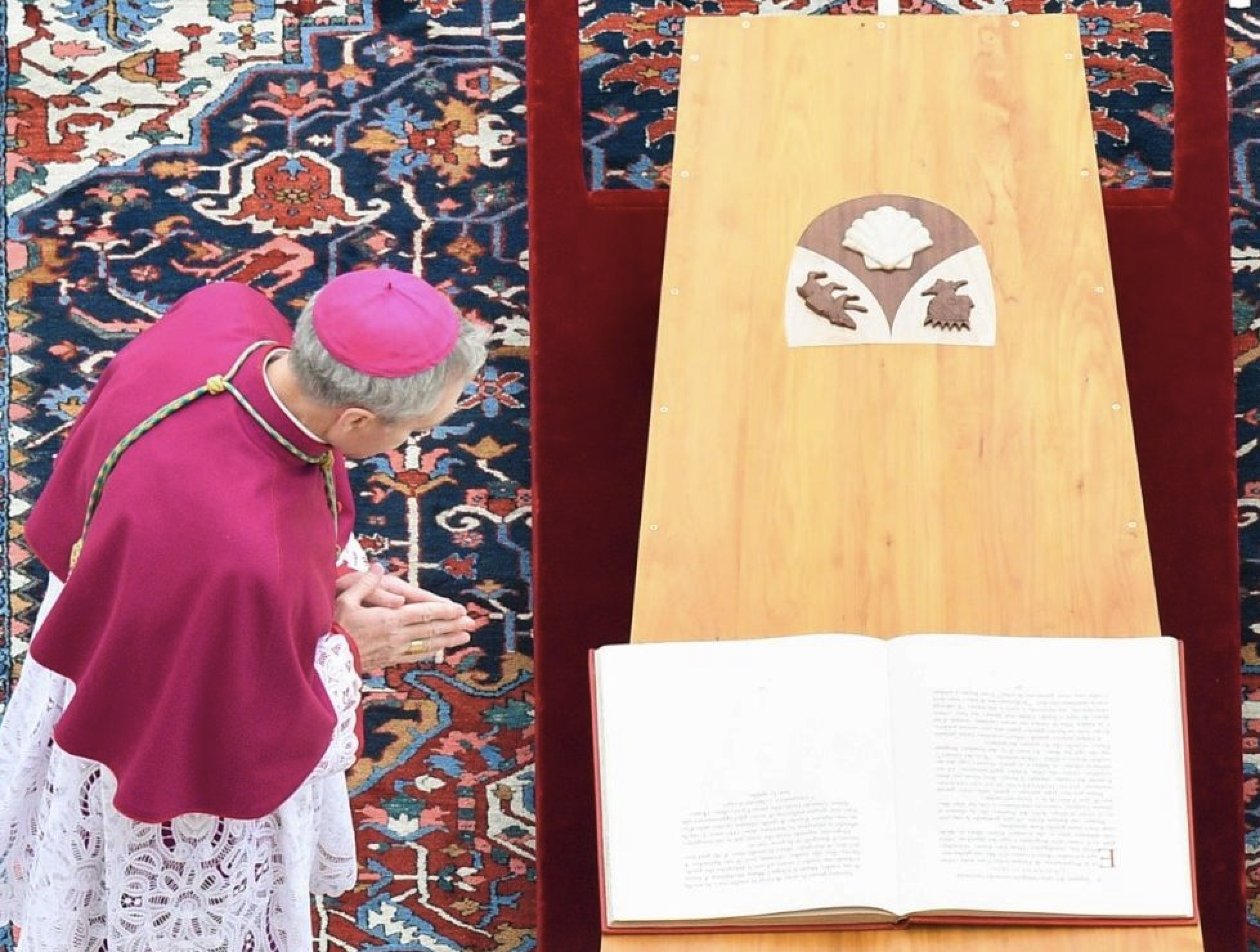In the movies, the penitent enters a confession booth, kneels, and whispers to a priest behind a lattice screen: "Forgive me father, for I have sinned."
This drama was, for centuries, at the center of Catholic life. But in recent decades, the number of Americans who go to confession has plunged to a shocking degree that church leaders have struggled to explain.
But Father David Michael Moses knows what happened during Holy Week this year, when he spent 65 hours "in the box" at his home parish, Christ the Good Shepherd in Spring, Texas, and at St. Joseph near downtown Houston. In all, heard 1167 confessions.
"We are talking about a lot of sin, and lots of grace," he said. "It's about offering people help and hope. In the end, Jesus wins all the battles that people bring with them into confession. That's what confession is all about."
The 29-year-old priest began hearing confessions at 6 a.m. on April 4, as Catholics made their way to nearby office towers. He continued until midnight, with a parish volunteer noting there were 100 people in line at 8 p.m. Another priest arrived two hours later, and everyone had an opportunity for the Sacrament of Penance.
"You keep thinking: 'Do I go slow and just do my best? Do I try to speed things up?' What you can't do is let anyone feel that they were turned away," said Father Moses, a Houston native who is the son of a Baptist mother and Lutheran father who converted to Catholicism.
Hearing confessions "is hard. It's exhausting. But there is nothing in the world that I would rather be doing, right now. This is what it means to be a priest. This is about salvation and the care of souls."
As recently as the 1950s and 1960s, researchers said about 80% of American Catholics went to confession at least once a year. A clear majority said the went once a month.
Then the numbers began falling -- sharply.










